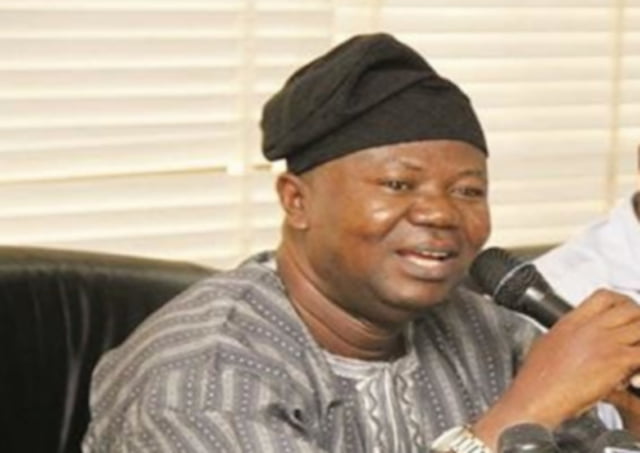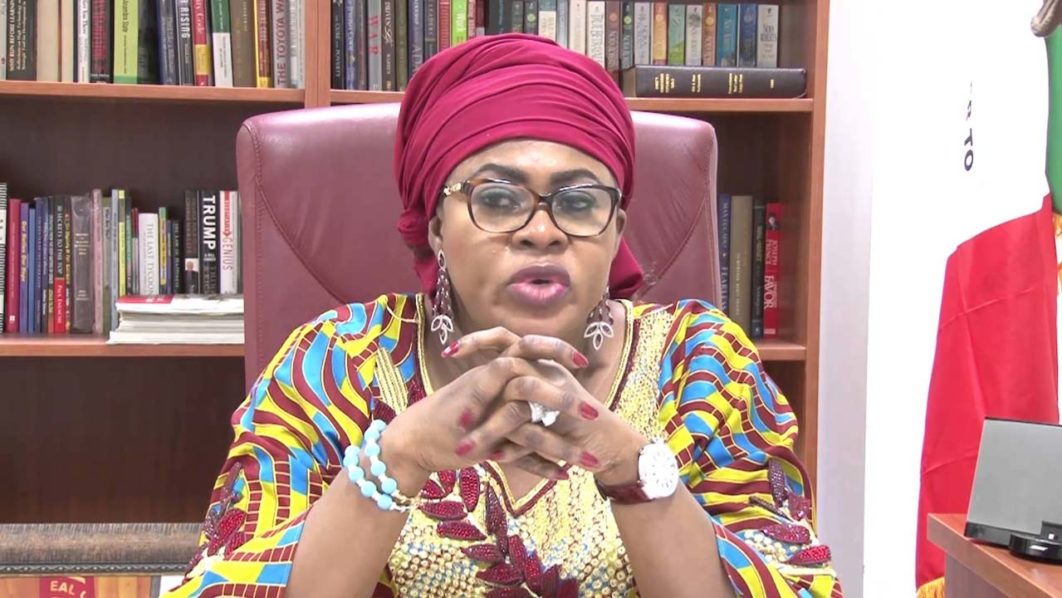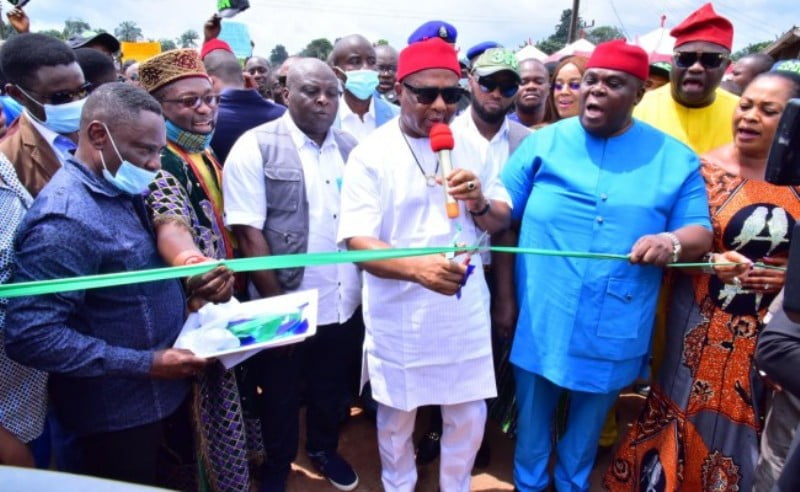The Federal Government is to investigate past expenditure of the Academic Staff Union of Universities (ASUU). This follows the current N1.1 trillion demand by the lecturers.The Minister of Finance, Mrs. Zainab Ahmed, who dropped the hint at the weekend during an interactive session with editors in Lagos, noted that the move was necessary against the backdrop that earlier releases were for development of infrastructure in the university system.
Already, N20 billion was said to have been disbursed last year for same purpose, just as same sum had been approved by the president for the striking university lecturers. Defending government’s refusal to accede to ASUU’s request, the minister queried how the N1.1 trillion figure was arrived at.
Meanwhile, the university teachers have insisted that government must show concrete evidence of payment of at least N50 billion revitalisation fund for them to consider suspending their strike.ASUU President, Professor Biodun Ogunyemi, who spoke yesterday in Ibadan, listed other conditions as presentation of solid evidence of the payment of the promised N20 billion earned academic allowances as well as the balance of the N85 billion with timelines.
The minister said: “I really still need to find out how it came to N1.1 trillion. It may be more than that or less.“For the first two tranches of fund that have been provided to ASUU, we have to find out how they were used because these are monies meant to build infrastructure within the university system.”
Besides doubting the feasibility of granting the request in the face of the current economic realties in the land, Ahmed also expressed misgivings at the capacity of the universities to absorb the huge sum at once. She observed that in additional to the N1.1trillion demand, “there is also the Tech Fund that is designed to be used by the tertiary institutions specifically set to build infrastructure within the university system. So we have a lot of work to do between us and ASUU.”
Ahmed added: “As we speak, we have approved and I know the Accountant-General is processing N20 billion for ASUU and another N15.7 billion in earned arrears as well as some special allowances that the lecturers and personnel are entitled to.”She therefore urged the union to “face the reality that the economy is not buoyant for (government) to pay them N1.1 trillion in one year. It is simply not possible because the resources are not available for us to do that. Even if they are, you have to also ask whether the university system, as it is structured, has that absorptive capacity. We want to make sure that the funds we provide are actually used to roll out the infrastructure that the university system needs.”
However, the low budgetary votes for education have frequently been criticised by the international community in view of the fact that the expenditure on fuel consumption through subsidy in excess of N1 trillion is much higher than allocations to the sector.
Also, the minister has given a clean bill of health to the current subsidy regime of the Nigerian National Petroleum Corporation (NNPC).She noted: “The current regime of fuel subsidy is different from the previous one. What we have now is under-recovery. It is the cost of NNPC’s operations. It is a cost of buying refined products, storing them and distributing them.
“In the previous regime, there was cost of borrowing that is added because you are engaging a marketer. There was also profit that you have to add. But this (one) is achieving better efficiency, and then you have only one agency of government that buys and sells to the market. Fuel subsidy is not a business expense of NNPC, and the Federal Government is not using borrowed money to pay for NNPC’s fuel subsidy.”
Furthermore, the Federal Inland Revenue Service (FIRS) has developed a scheme, High Net-worth Individuals Scheme, similar to the recently concluded Voluntary Assets and Income Declaration Scheme (VAIDS).According to her, “it is a programme where they identify the high net-worth individuals through the level of their transactions in the banking industry, through their directorship and ownership of a business and making assessments for them to pay tax as individuals as well as companies.”
-GUARDIAN-






2 Comments